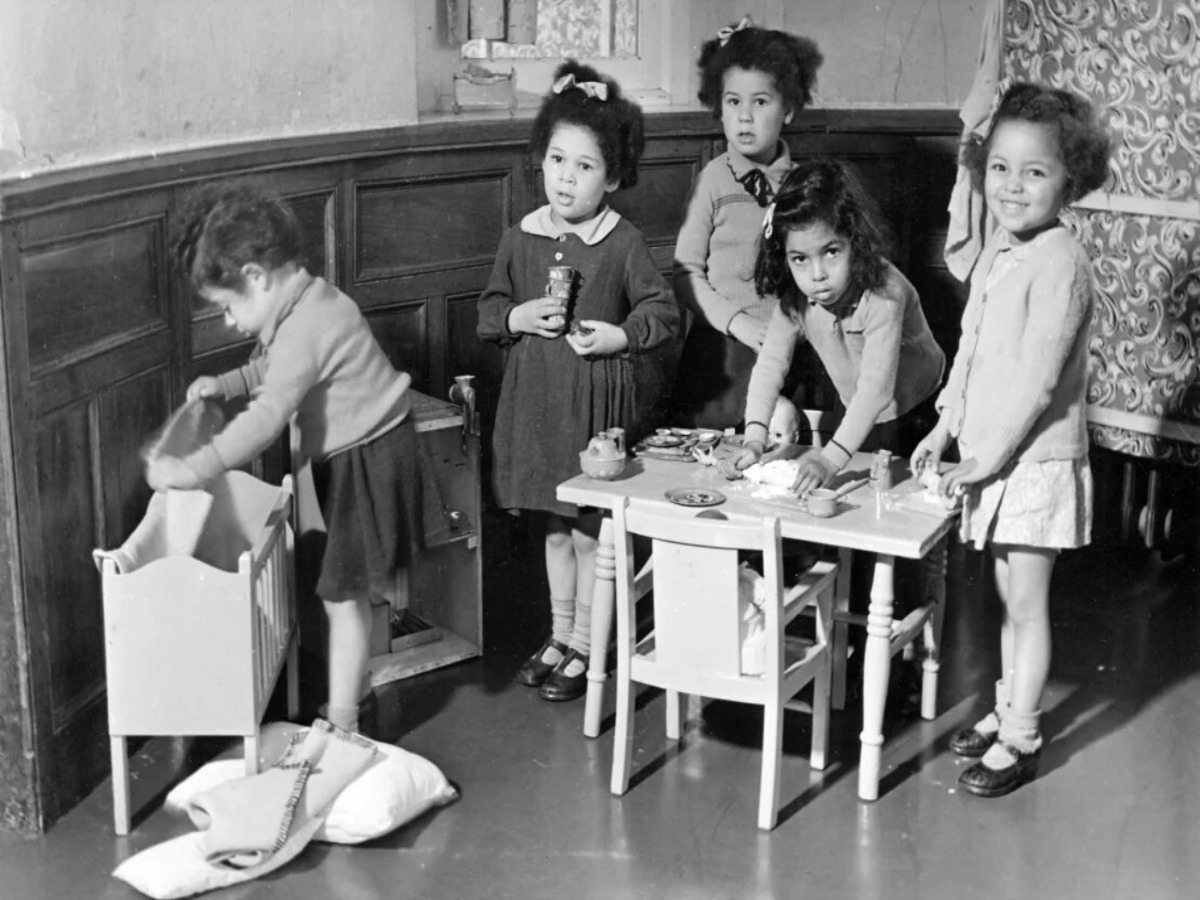Nearly 30 years after the Rwandan genocide, a gripping story of survival and humanitarian bravery is surfacing. Amid the violence of 1994, a network of Swiss aid workers helped rescue around 1,000 Rwandan children, moving them across the border to safety in Burundi. These children, many of whom were orphans, had endured deep trauma, with many witnessing the deaths of their family members in the systematic killing spree that claimed nearly a million lives in just 100 days.
One survivor, Beata Umubyeyi Mairesse, shares her experience in her book The Convoy, detailing the risky, little-known mission that saved her and hundreds of others. She took several years to piece together the testimonies of the “children of the convoys” – now scattered across the world – who were rescued.
At 15, Umubyeyi Mairesse was hidden in the back of a truck under a sheet, while other children sat on top of her and her mother, concealing them from the Hutu militiamen at checkpoints. During these perilous crossings, led by Terre des hommes (Tdh), a Swiss humanitarian organization, children as young as three were packed into trucks and driven to the relative safety of neighboring Burundi. Rwandan authorities only permitted children under 12 to be transported on these convoys, organized by Tdh, whose name means “People of the Earth.”
As Umubyeyi Mairesse recalls in her book, the children were instructed to remain still and silent, despite overwhelming fear, as militiamen inspected each vehicle. The mission was aided by a coalition of nuns, diplomats, and journalists who risked their lives alongside Tdh volunteers to move the children out of a deadly situation. Jean-Luc Imhof, a Rwanda specialist for Tdh, describes the “chaotic” environment in which they operated. “With war and genocide happening around them, Terre des hommes found itself responsible for more than 1,000 children,” Imhof told AFP, adding that many of the children had sustained machete injuries.
The violence that gripped Rwanda between April and July 1994 primarily targeted the Tutsi minority, who were killed by Hutu extremists from the Interahamwe militia and government forces. As the Tutsi-led Rwandan Patriotic Front (FPR) advanced and began to regain control, the army and militia forces grew more aggressive, sensing their imminent defeat. Children in the convoys had to pass through multiple Hutu checkpoints where armed militiamen wielded clubs, knives, and grenades. Each crossing posed a life-threatening risk for the aid workers and children alike.
Survivor Claire Umutoni, who was 17 at the time, fled with her younger sisters after her father received a phone call ominously warning, “Your time has come.” After her parents were murdered, she and her sisters joined the convoy in a treacherous journey to Burundi. Recalling the trip, she describes the road littered with armed attackers, chaos all around, and bombs dropping near the school where they had taken refuge. Now living in Canada, Umutoni returned to Rwanda in 2008 to finally bury her parents, whose remains had been identified. “I chose to live in the name of those innocents who were murdered,” she said, sharing her resolve to stand against the horror she survived.
For many convoy survivors, this year marks an “awakening.” Those who were too young to understand the horrors they had escaped are now reconnecting with the past. Since her book’s release, Umubyeyi Mairesse has been contacted by several other “convoy children” and aid workers who assisted in their rescue. Many met for the first time in June at Paris’s Shoah Memorial, where survivors thanked those who risked their lives to bring them to safety.
One survivor, Nadine Umutoni Ndekezi, who now lives in Belgium, shared an emotional reunion with her rescuers. Recalling her memories of the convoy, she thanked the aid workers, calling them heroes. “You didn’t give up on us,” she said. Ndekezi, now a mental health social worker, acknowledged the trauma of the journey but spoke of a renewed hope instilled by the selflessness of her rescuers.
For Umutoni, like the many others rescued, the memory of the convoys remains both painful and a source of strength. They were saved from genocide, she says, by the dedication of people who “stood up to the killers” to protect innocent lives.










